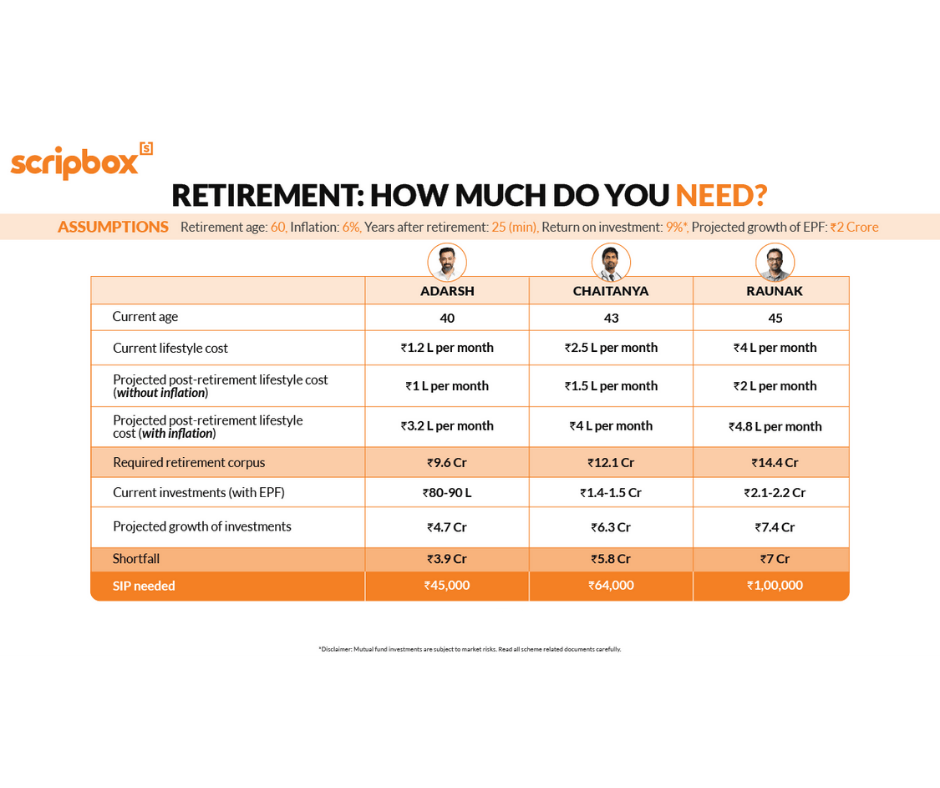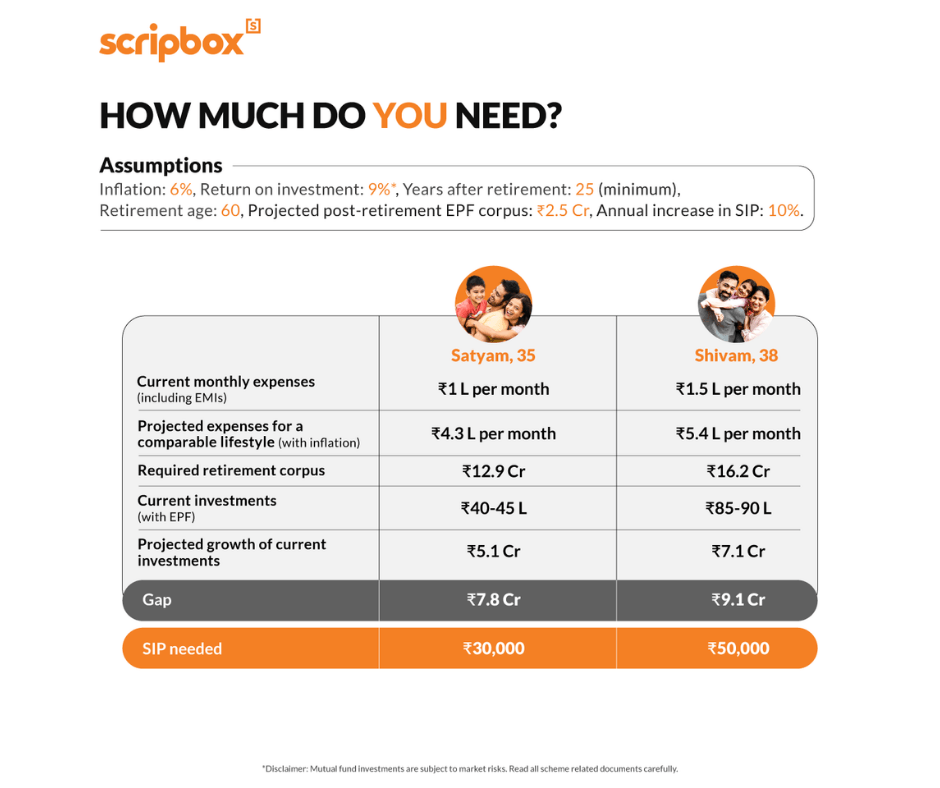Inflation is the worst tax as it often goes unnoticed. High inflation has gripped the global economy, including countries like the US, the UK and India, with high commodity prices and an unprecedented amount of stimulus money floating in these economies.
How does an investor safeguard his portfolio and goals from high inflation?
Essentially, there are two broad ways:
Outpacing inflation is about positioning your portfolio to grow bigger over a while and deliver returns that exceed the inflation rate. If your goal is to build a corpus for future spending and the goal is at least ten years away, then this strategy works.
Hedge against inflation broadly focuses on protecting your near-term consumption from rising inflation. It is applicable especially if you are nearing retirement or have short-term goals, thereby giving little leeway to realign your portfolio or improve earnings.
First of all, let’s look at ways to outpace inflation
Adopt Equities
During inflation, input prices usually go up for businesses. If a company has pricing power, it passes on the higher cost to its customers and improves its topline. Even better, if they innovate to fight costs and become productive, their profits improve.
Also, some businesses in the commodities, FMCG and energy space tend to do well during periods of high inflation. Their stocks are therefore the best hedge against inflation. A diversified equity portfolio manager usually shuffles stock holdings periodically to capitalize on these opportunities.
Does high inflation lead to low returns?
Persistently high inflation impacts stock markets negatively – albeit with a lag. For instance, in 2008-09 and 2009-10, consumer inflation was upwards of 10% and in 2010-11, the market posted a negative 27%. Similarly, this was the case in 2012-13 and 2013-14 when inflation was double-digit.
So, while businesses benefit in the short-run from the price increase, in the long-run, persistently high inflation also impacts consumer demand and pulls down business revenues.
What is heart-warming though is that equities across the world have historically outperformed inflation over the long-term. Long-term annual returns for Sensex have been 12-16% as against the long-term average of CPI inflation of 6-7%. It translates into a 6-9% real return on investments for equity investors.
Un-cash
Don’t keep too much cash on the sidelines, especially during times of inflation. After building an emergency fund, scout for better investment growth opportunities – as otherwise, you are essentially losing your purchasing power.
How to hedge against inflation?
Inflation-indexed bonds that are inherently structured to deliver returns with rising inflation aren’t available in the Indian market, unlike in US.
Floating-rate funds
So, the better way is floating-rate bond funds. Inflation and interest rates tend to go hand-in-hand. Whenever inflation rises more than warranted, the banking regulator RBI increases short-term rates to control demand. RBI has already begun the process by hiking policy repo rates by 90 basis points, over two meetings.
Floating rate funds invest in bonds whose coupon rates are linked to benchmark interest rates. They tend to do well over the short term when inflation rates are higher.
So, a part of retirement funds and those concerning other short-term goals – especially which are used for income generation could be parked in these funds.
International funds
Rising inflation in the domestic economy can be a boon for international equity investors, whose foreign-currency investments get converted into more rupees. This happens because of the depreciation of the rupee against the dollar or euro.
However, investing just for currency arbitrage might not work (for instance, what if the business in a country suffers?). So, invest if you have a foreign currency-linked financial goal like that of (a child’s foreign education).
What about gold and real estate?
Gold is popularly considered as the best hedge against inflation. However, over the years it has become too volatile and its record against inflation has been so-so.
While property investors benefit from rising rent and property values during inflation, persistent inflation also hurts demand for properties as it did during the Covid-fueled downturn.
A Historical context on inflation and what’s next?
Any wealth creation strategy requires realistic assumptions on inflation expectations. It serves as the hurdle rate for the portfolio returns to cross, in order to preserve wealth.
Consumer inflation has averaged 7 per cent since the 1990s. In the past, India had witnessed high inflation due to the oil shock of 1973, when its prices were up by over 250 per cent. With heavy dependence on oil imports, the country will continue to have its spillover effects whenever oil prices go up.
While RBI has upper tolerance levels of 6 per cent, it might be prudent to factor in 7% consumer inflation while working out investment strategies.
Takeaway
Adequate equity exposure is the best way to protect your portfolio from high inflationary threats. Ensure you don’t keep too much cash on the sidelines either.
This article was first published on moneycontrol.com on 13th June 2022 here


















































































































Show comments